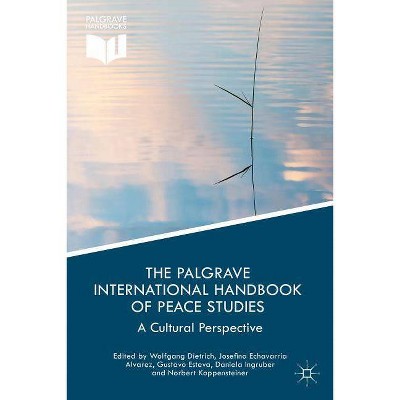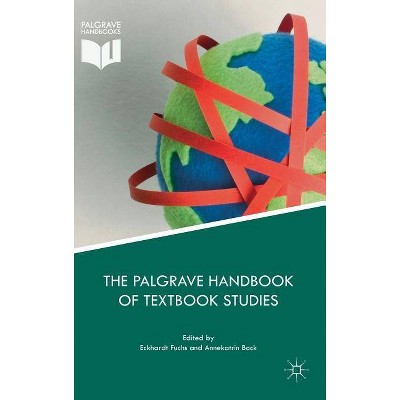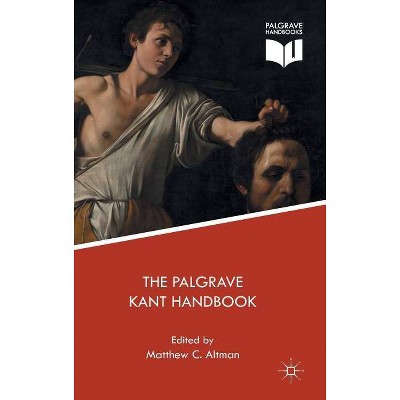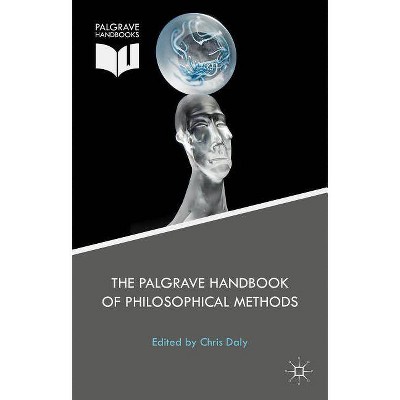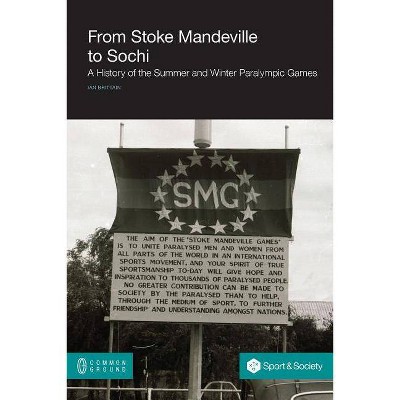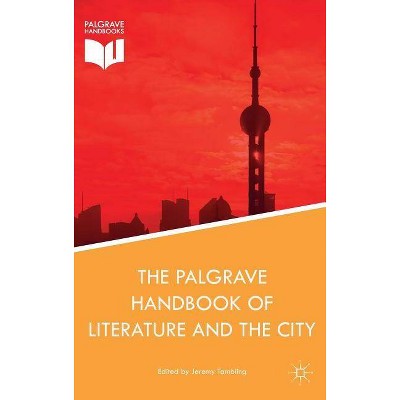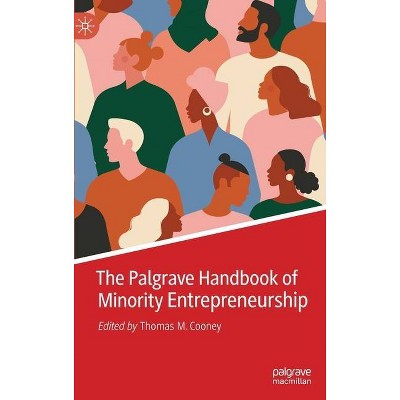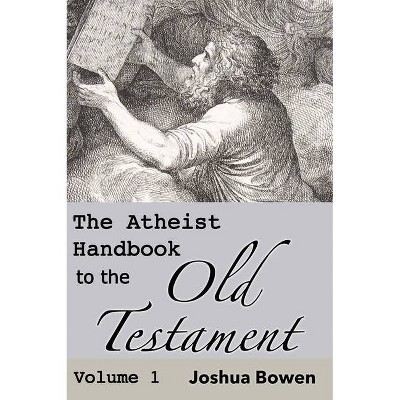The Palgrave Handbook of Paralympic Studies - by Ian Brittain & Aaron Beacom (Hardcover)
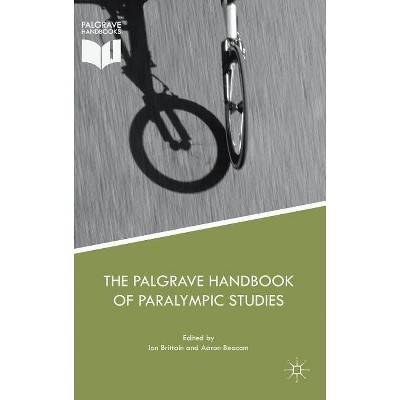
Similar Products
Products of same category from the store
AllProduct info
<p/><br></br><p><b> About the Book </b></p></br></br>This handbook provides a critical assessment of contemporary issues that define the contours of the Paralympic Movement generally and the Paralympic Games more specifically. It addresses conceptualisations of disability sport, explores the structure of the Paralympic Movement and considers key political strategic and governance issues which have shaped its development. The Palgrave Handbook of Paralympic Studies is written by a range of international authors, a number of whom are senior strategists as well as academics, and explores legacy themes through case studies of recent Paralympic games. Written in the wake of the 2016 Rio Paralympic Games, it provides an assessment of contemporary challenges faced by the International Paralympic Committee and other key stakeholders in the Paralympic Movement. Its critical assessment of approaches to branding, classification, social inclusion and technological advances makes this handbook a valuable resource for undergraduate study across a range of sport and disability related programmes, as well as a point of reference for researchers and policy makers.<p/><br></br><p><b> From the Back Cover </b></p></br></br><p>This handbook provides a critical assessment of contemporary issues that define the contours of the Paralympic Movement generally and the Paralympic Games more specifically. It addresses conceptualisations of disability sport, explores the structure of the Paralympic Movement and considers key political strategic and governance issues which have shaped its development. </p> <p><i>The Palgrave Handbook of Paralympic Studies</i> is written by a range of international authors, a number of whom are senior strategists as well as academics, and explores legacy themes through case studies of recent Paralympic games. Written in the wake of the 2016 Rio Paralympic Games, it provides an assessment of contemporary challenges faced by the International Paralympic Committee and other key stakeholders in the Paralympic Movement.</p> Its critical assessment of approaches to branding, classification, social inclusion and technological advances makes this handbook a valuable resource for undergraduate study across a range of sport and disability related programmes, as well as a point of reference for researchers and policy makers.<p></p><p></p><p></p><p/><br></br><p><b> About the Author </b></p></br></br><p><b>Ian Brittain</b> is a Research Fellow in the Centre for Business in Society at Coventry University, UK. His research focuses upon sociological, historical and sports management aspects of Paralympic and disability sport. He is also the Heritage Advisor to the International Wheelchair and Amputee Sports Federation and has attended the last five summer Paralympic Games.</p><p> </p><p><b>Aaron Beacom</b> is a Reader in Sport and International Relations at the University of St Mark & St John, UK. His research concerns sport and alternative physical cultures in public policy. His recent publications include the book <i>International Diplomacy and the Olympic Movement</i> (Palgrave 2012). He leads the Sport and Disability degree pathway and sits on the regional Inclusive Sport steering group. </p>
Price History
Price Archive shows prices from various stores, lets you see history and find the cheapest. There is no actual sale on the website. For all support, inquiry and suggestion messagescommunication@pricearchive.us
